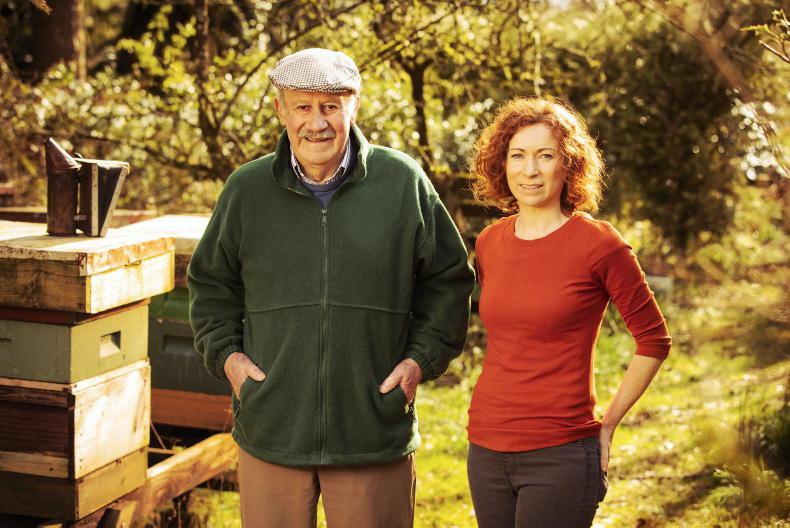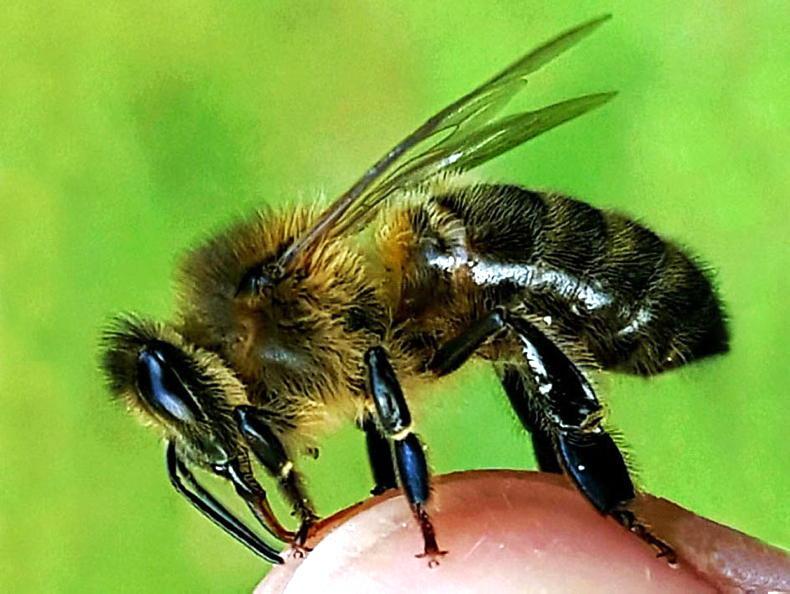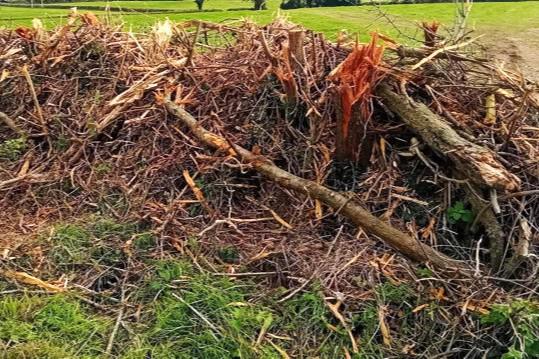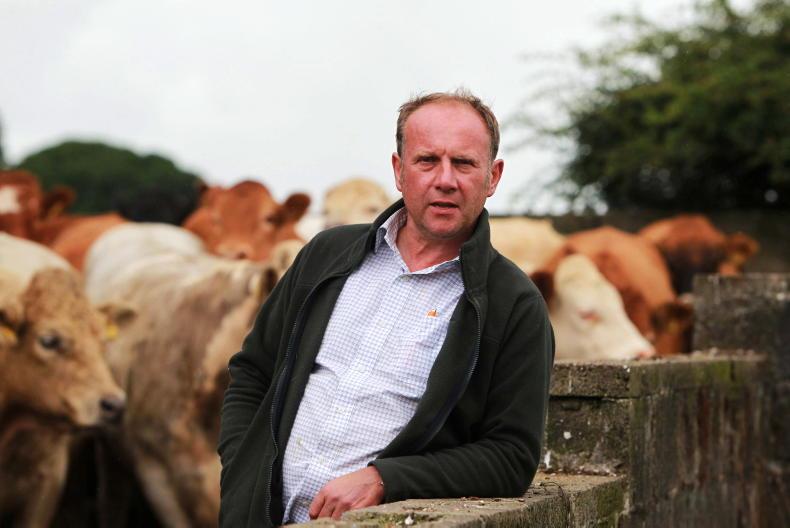DEAR SIR: After the business of spring, I only recently got to read the back issues of the Irish Farmers Journal and was disappointed to read letters in issues dated 2 and 16 February, complaining about the “problem” of ivy in our hedgerows.
Both letters were akin to the misinformed arguments of the vegan movement against the dairy industry.
Ivy does not “choke our trees and hedges”, it uses trees as a support and is part of the natural balance of our countryside. Contrary to what was said, bees would probably go extinct without ivy.
The plant is one of the last to flower in the year and is hugely important as a pollen and nectar source, not just for honey bees but for all pollinators and butterfly species. It provides this food source at a time when insects, bees in particular, are storing up for winter. Not only that, but it then goes on to provide late berries (into February and March) for birds and is vital as shelter during the cold winter months.
At a time when consumers are being told to reduce dairy and cut back on meat; a time when farmers are being blamed for losing biodiversity and other environmental damage; a time when we should be moving to find new premium markets; the entire agri-food industry, and not just farmers, needs to be aware of the signals that are being sent to the well-informed public.
Farm advisers, consultants, processors and the agri-press need to inform themselves of environmental best practice before advising farmers.
As one of the people involved in the BRIDE EIP environmental project (Biodiversity Regeneration In a Dairying Environment), raising awareness is one of our most difficult challenges.
We all have a responsibility to be singing from the same environmental hymn sheet when trying to promote the Irish agri-food industry.
Read more
Letter: ivy is the Japanese Knotweed of the hedgerows and trees
Letter: scheme needed to prevent ivy from choking our trees and hedges
DEAR SIR: After the business of spring, I only recently got to read the back issues of the Irish Farmers Journal and was disappointed to read letters in issues dated 2 and 16 February, complaining about the “problem” of ivy in our hedgerows.
Both letters were akin to the misinformed arguments of the vegan movement against the dairy industry.
Ivy does not “choke our trees and hedges”, it uses trees as a support and is part of the natural balance of our countryside. Contrary to what was said, bees would probably go extinct without ivy.
The plant is one of the last to flower in the year and is hugely important as a pollen and nectar source, not just for honey bees but for all pollinators and butterfly species. It provides this food source at a time when insects, bees in particular, are storing up for winter. Not only that, but it then goes on to provide late berries (into February and March) for birds and is vital as shelter during the cold winter months.
At a time when consumers are being told to reduce dairy and cut back on meat; a time when farmers are being blamed for losing biodiversity and other environmental damage; a time when we should be moving to find new premium markets; the entire agri-food industry, and not just farmers, needs to be aware of the signals that are being sent to the well-informed public.
Farm advisers, consultants, processors and the agri-press need to inform themselves of environmental best practice before advising farmers.
As one of the people involved in the BRIDE EIP environmental project (Biodiversity Regeneration In a Dairying Environment), raising awareness is one of our most difficult challenges.
We all have a responsibility to be singing from the same environmental hymn sheet when trying to promote the Irish agri-food industry.
Read more
Letter: ivy is the Japanese Knotweed of the hedgerows and trees
Letter: scheme needed to prevent ivy from choking our trees and hedges










SHARING OPTIONS